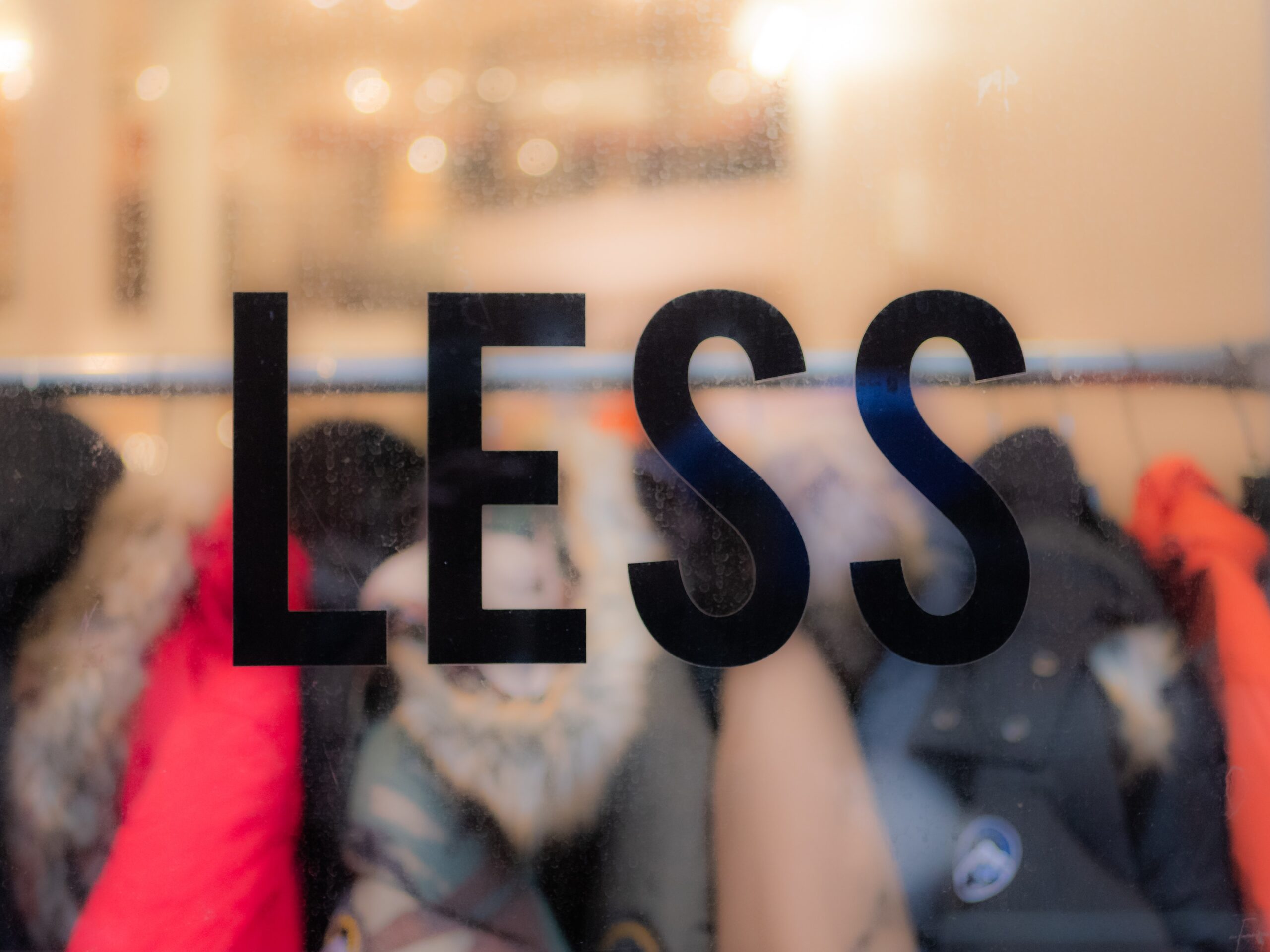Some Background on Ross Dress for Less
Founded in 1950 by Morris Ross, the store began life as a junior department store in San Bruno, California, near San Francisco. Although Morris was known for putting in 85-hour work weeks, he was not terrifically successful at wringing in profit from his store. So, eight years after its debut, the store was sold to Mr. William Isaacson who was a successful residential and commercial real estate developer. Mr. Isaacson managed to open five more stores, also near San Francisco.
In 1982, the six stores were sold to a group of investors. Within this group was one Mervin Morris, who founded one of the very early off-retail stores, Mervyns. So, over 30 years after its founding, Ross (NASDAQ: ROST) pivoted to an off-retail format as well. Extreme expansion occurred over the next few decades. From 1982 until 2016, Ross grew from 6 to 1,274 stores.

Typical Ross Off-Retail Store (Source: Wikipedia)
The reasoning behind the need for growth is clear. Offering low prices to the consumer also means small profit margins. Consequently, higher profits for the company as a whole are only possible through high volume sales.
This means more and more stores. Because Ross stores are far from luxurious and ornate, the incremental cost of opening new stores is relatively low and the per store profits are consistent. Besides, the company’s history indicates that it grows through opening more stores rather than through acquiring other companies.
The Sister Store & The Future
In 2004, Ross Stores launched a sister chain of stores named dd’s Discount. The “dd” is short for “deep discount,” and their stores offer in-season clothes for even lower prices than Ross Dress for Less Stores. Whereas Ross Dress for Less obtains its inventory through purchasing over-procurements from normal department stores, dd’s Discount obtains its inventory from discount retailers. Consequently, dd’s Discount’s prices are often a few tens of a percent lower than Ross’ prices.

dd’s Discount store in Hesperia, California. (Source: VVNG.com)
More recently, Ross has focused on fueling growth more through adding product lines, as well as adding stores. These new lines include home furnishings (flatware, picture frames, crystal, etc.), sporting goods, and jewelry – all of which are apparently available through overruns and over purchases as well.
As of the writing of this article, the company operates 1,952 Ross stores in 40 US states, the District of Columbia, and Guam. In addition, the company operates 303 dd’s Discount stores in 21 US states. A stated goal from its corporate offices is to reach 2,900 Ross stores and 700 dd’s Discount stores within the next few years. It appears that the company is well on its way to achieving this goal because plans are in place to open 100 stores in the fiscal year of 2022 alone.

This is Ross’s store on the tiny pacific island of Guam. (Source: sunhotsell.com)
Numbers & Stats
Throughout the pandemic and through the recent inflation, Ross has produced strong revenue and profits. In 2021, the company reported profits of about $1.7 billion on revenues of $18.9 billion. This is roughly a 5% increase over the previous year.
Even though the company’s stock price has seen losses commensurate with the great market, it announced at the end of April that it will raise its dividends to shareholders by a healthy 8.8% per share. This certainly isn’t something that public companies do when tough corporate times hit. Yes, the stock price has been a little battered (see graph below) lately, but Ross is a MegaTrend stock, and even in tough times, people shop at its stores. It is indeed a good time to stock up on more shares of Ross.

Start Your Risk-Free, 30-Day Trial of Proffe’s Trend Portfolio!
Proffe’s Trend Portfolio is the US version of Michael Proffe’s most successful and longest-running publication in Europe. It started with $30,000 in seed capital and turned into more than $1,000,000 in a little more than a decade, through some of the toughest markets we’ve ever experienced! And it did this with only12 positions (12 stocks and 12 options).
Normally, the publication costs $999 a year. But for a limited time only, you can “test drive” a no-risk membership for the next 30 days absolutely free!
If for any reason during your free trial you are not completely satisfied with the service, you can cancel at any time or simply let it expire. Our free trial does not require a credit card so it will cost you nothing. No fine print and no strings attached!
CLICK HERE TO START YOUR 30-DAY TRIAL

